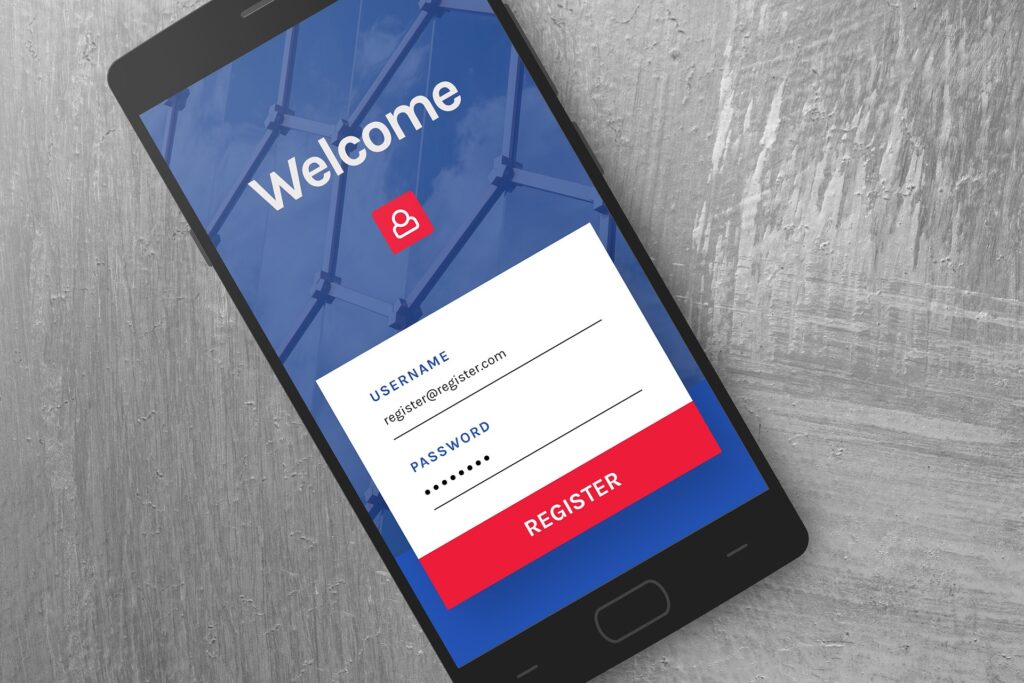[contact-form-7 id=”4740″ title=”Call me”]

Mobile applications have become a game-changer for businesses across industries. They serve as a potent tool, enabling companies to gain a significant edge over their competitors. This blog post delves into the unique advantages offered by mobile apps and how leveraging them can help businesses assert their dominance in the marketplace. Get ready to discover how mobile apps can be the key to your success.
One of the most notable advantages is the enhanced customer experience they offer. Through user-friendly interfaces and personalized experiences, mobile apps can significantly increase customer engagement and loyalty.
Another significant advantage is the ability to gather valuable customer data. By tracking user interactions, businesses can gain insights into consumer behavior and preferences, thereby enabling them to tailor their services more effectively. Getting custom app development services can help companies create apps that are perfectly aligned with their target audience and business objectives, providing an added advantage. Moreover, mobile apps enable businesses to establish a direct channel of communication with their customers.
A critical factor that determines the success of a mobile application, and by extension, your business, is a thorough understanding of your target market. Knowing your audience, their needs, preferences, and behaviors, can guide the app development process, ensuring that the final product resonates with them. Market research, including demographic analysis and studying market trends, is paramount in this respect.
The data collected can help you create a user-centric app that offers features and functionalities tailored to meet the specific needs of your audience. Furthermore, by analyzing the moves and strategies of your competitors, you can identify gaps in the market and seek to fill them with your app, thereby gaining a competitive advantage. Ultimately, understanding your market is the cornerstone of developing an app that not only satisfies customer expectations but also outperforms your competitors.
Successful mobile applications often share a common characteristic – a design that places the user at its core. This customer-centric design approach ensures that the app’s features and functionalities align with the needs, preferences, and behaviors of the target audience. It prioritizes usability and intuitiveness, ensuring that users can navigate the app effortlessly and find the information they seek without any hindrance.
Moreover, a customer-centric design also takes into account the aesthetic preferences of the target audience, incorporating visuals, color schemes, and typography that resonates with them. Regular user feedback and usability testing form critical components of this design approach, helping businesses to continuously refine and optimize the app based on user inputs.
An app with a customer-centric design not only attracts and retains users but also fosters customer loyalty and advocacy. Therefore, businesses looking to dominate their competitors must prioritize customer-centric design in their app development strategy.
Personalization is another powerful tool that mobile apps can leverage to outshine competitors. Businesses that offer personalized experiences through their apps can drive higher user engagement and customer loyalty. Personalization can encompass a wide range of features, from customized content and targeted offers to personalized communication and user interface.
For instance, apps can use data gathered from user interactions and preferences to provide customized product or service recommendations, enhancing the user experience and boosting sales. Similarly, personalized notifications or messages can make users feel valued and appreciated, fostering stronger relationships with them.
Furthermore, personalization can also extend to the user interface of the app. By allowing users to customize the app’s layout, appearance, or functionality to suit their preferences, businesses can ensure their app stands out in the crowded app marketplace.
The power of personalization can significantly contribute to a business’s efforts to dominate its competitors. By treating each user as unique and providing them with experiences tailored to their needs and preferences, businesses can elevate their position in the market and keep their competitors at bay.

In the fast-paced digital world, the performance of a mobile app plays a crucial role in determining its success. Users expect apps to load quickly, function smoothly, and provide a seamless experience. Any lag, glitch, or slowdown can deter users, leading to decreased engagement and potentially causing them to uninstall the app. Hence, businesses trying to outdo their competitors must focus on performance optimization.
Efficient code, optimized images, and streamlined functionalities contribute to a high-performing app. Regular testing and performance monitoring can help identify any bottlenecks or issues that could hinder the app’s performance. Tools like mobile A/B testing can allow developers to compare different versions of the app simultaneously, making it easier to determine the most optimal performance standard.
Implementing caching strategies and utilizing Content Delivery Networks (CDNs) can also enhance app performance by reducing load times and saving bandwidth. Moreover, keeping the app updated with the latest OS updates and technology trends ensures compatibility with different devices and operating systems, contributing to a better user experience.
In conclusion, mobile apps are a powerful tool that can help businesses dominate their competitors. By prioritizing customer experience, understanding the market, and optimizing app performance, businesses can provide a unique and superior user experience that sets them apart from their competitors. Hence, companies must invest in developing high-quality, user-centric mobile apps to stay ahead of the competition and continuously evolve to meet the ever-growing demands of their customers.